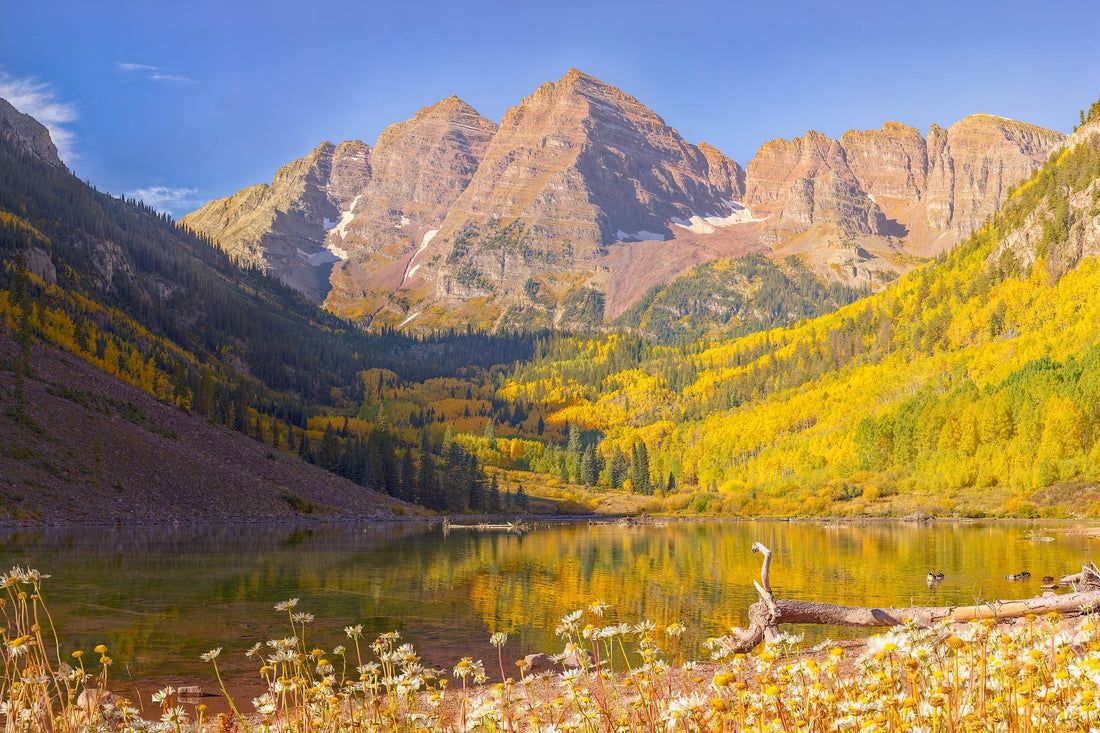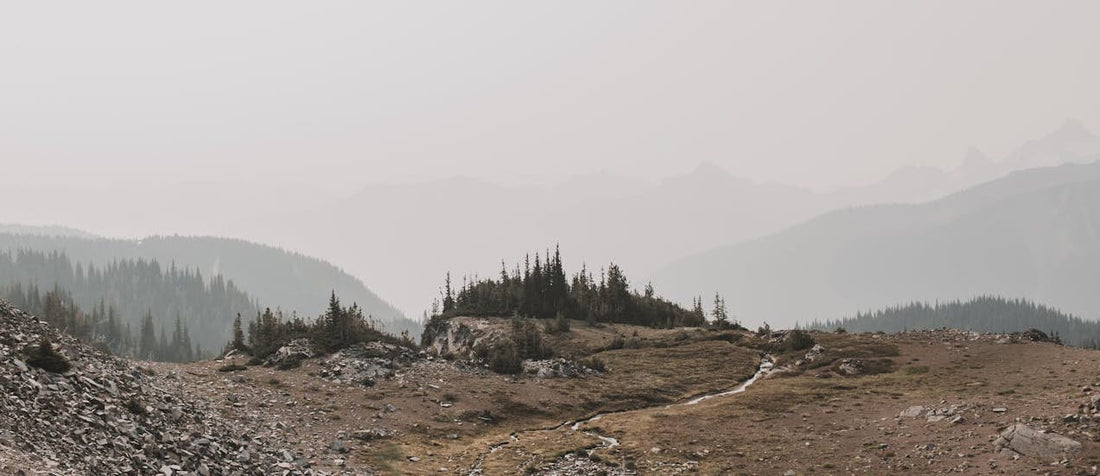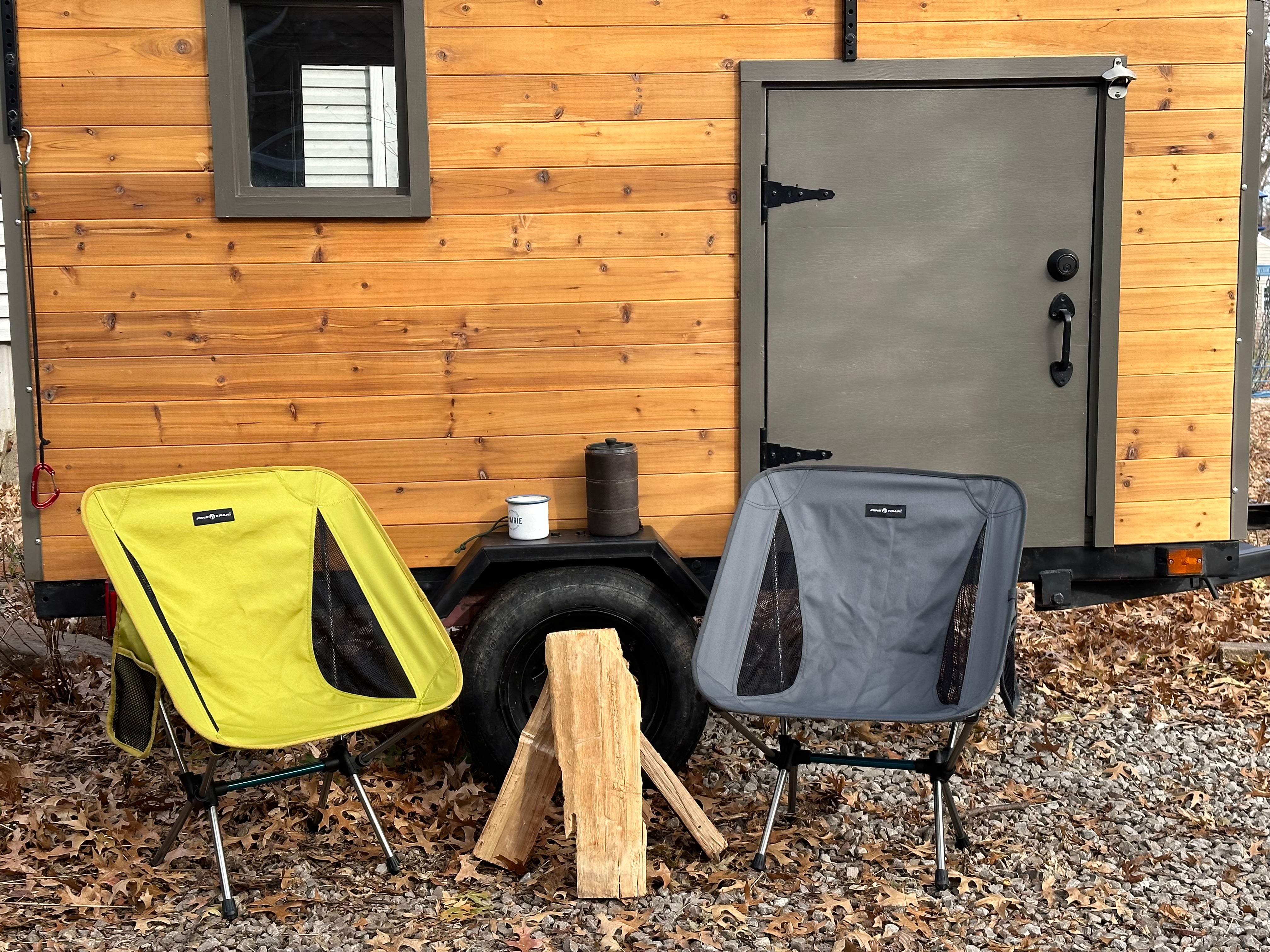Embarking on a solo camping adventure can be an exhilarating experience, offering solitude, self-reliance, and a deep connection with nature. However, it's essential to approach solo camping with caution and preparedness to ensure a safe and enjoyable trip. Whether you're a seasoned outdoor enthusiast or a novice camper, here are some important things to consider and essential gear to bring on your solo camping expedition.
Safety Tips
1. Plan and Inform: Before setting out, thoroughly research your chosen camping location and inform someone trustworthy of your plans, including your intended route and estimated return time. This ensures that someone knows your whereabouts in case of emergencies.
2. Know Your Limits: Be realistic about your abilities and choose a camping location and activities that align with your skills and experience level. Solo camping is not the time to push your boundaries excessively.
3. Stay Alert: Stay vigilant and aware of your surroundings at all times. Keep an eye out for potential hazards such as uneven terrain, wildlife, and changing weather conditions.
4. Pack Essentials: Carry essential items like a first aid kit, navigation tools (map and compass or GPS device), sufficient water and food supplies, and appropriate clothing for varying weather conditions.
5. Emergency Communication: Bring a fully charged cellphone, a portable charger, and consider investing in a satellite communicator or Personal Locator Beacon (PLB) for remote areas where cell reception may be limited.
6. Campsite Selection: Choose your campsite wisely, considering factors such as proximity to water sources, shelter from wind, and terrain stability. Avoid camping near cliffs, dead trees, or areas prone to flooding.
7. Fire Safety: If permitted, build campfires responsibly, following Leave No Trace principles. Keep the fire contained within a fire ring or designated area and ensure it is fully extinguished before leaving.
8. Wildlife Awareness: Research the wildlife native to your camping area and take precautions to minimize encounters. Store food securely in bear-proof containers or hang it from a tree branch away from your campsite.
9. Trust Your Instincts: If something feels off or unsafe, trust your instincts and take appropriate action. It's better to err on the side of caution and retreat to safety.
Essential Gear
Tent: Choose a sturdy and lightweight tent that offers adequate protection from the elements. Ensure it is easy to set up and provides sufficient ventilation for comfort.
Sleeping Bag and Sleeping Bag Liner: Invest in a high-quality sleeping bag suitable for the expected temperatures and a sleeping bag liner for insulation and comfort on rough terrain.
Cooking Equipment: Bring a portable stove or camping stove, along with cookware, utensils, and sufficient fuel for meal preparation. Opt for lightweight and compact options to minimize bulk.
Headlamp/Flashlight: A reliable light source is essential for navigating around your campsite at night and attending to tasks after dark.
Multi-Tool/Knife: A versatile tool like a multi-tool or knife can come in handy for various tasks such as food preparation, gear repair, and emergency situations.
First Aid Kit: Pack a comprehensive first aid kit containing essentials like bandages, antiseptic wipes, pain relievers, and any necessary personal medications.
Snake Leg Gaiters: In areas with venomous snakes, protective leg gaiters can provide an extra layer of defense against snake bites while hiking or exploring.
Waterproof Blankets: Waterproof blankets or tarps serve multiple purposes, including ground cover, shelter construction, and protection against rain or dew.
Navigation Tools: Carry a map and compass or GPS device to aid in navigation, especially if venturing into unfamiliar territory. Familiarize yourself with how to use these tools before your trip.
Emergency Shelter: In addition to your tent, consider bringing a lightweight emergency shelter, such as a waterproof pocket blanket or bivy sack, as a backup in case of unexpected weather or gear failure.
By prioritizing safety and being well-prepared with essential gear, solo camping can be a deeply rewarding and empowering experience. Remember to embrace the solitude, savor the moments of connection with nature, and most importantly, stay safe and enjoy your adventure!
Products Mentioned:






